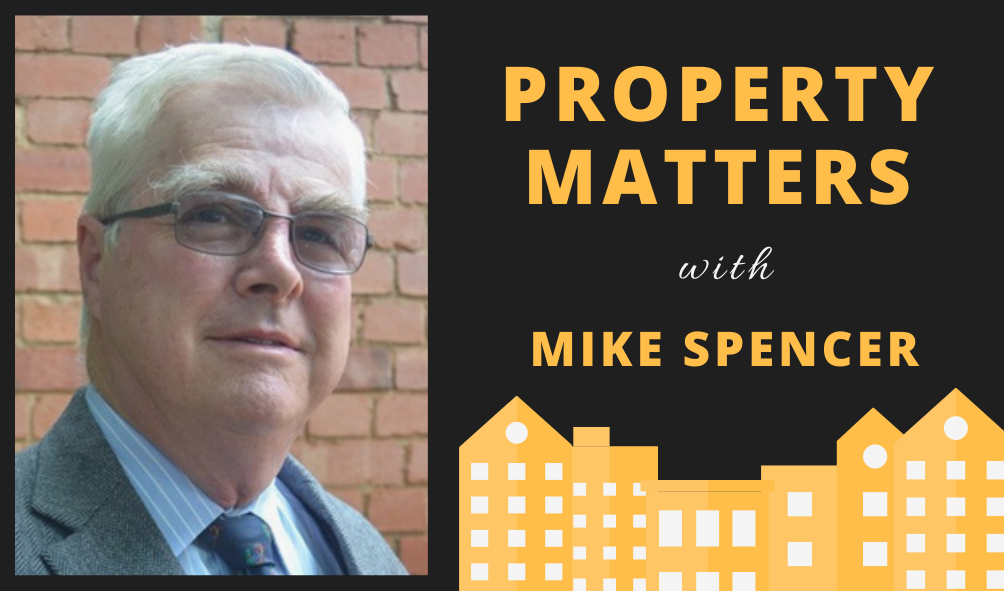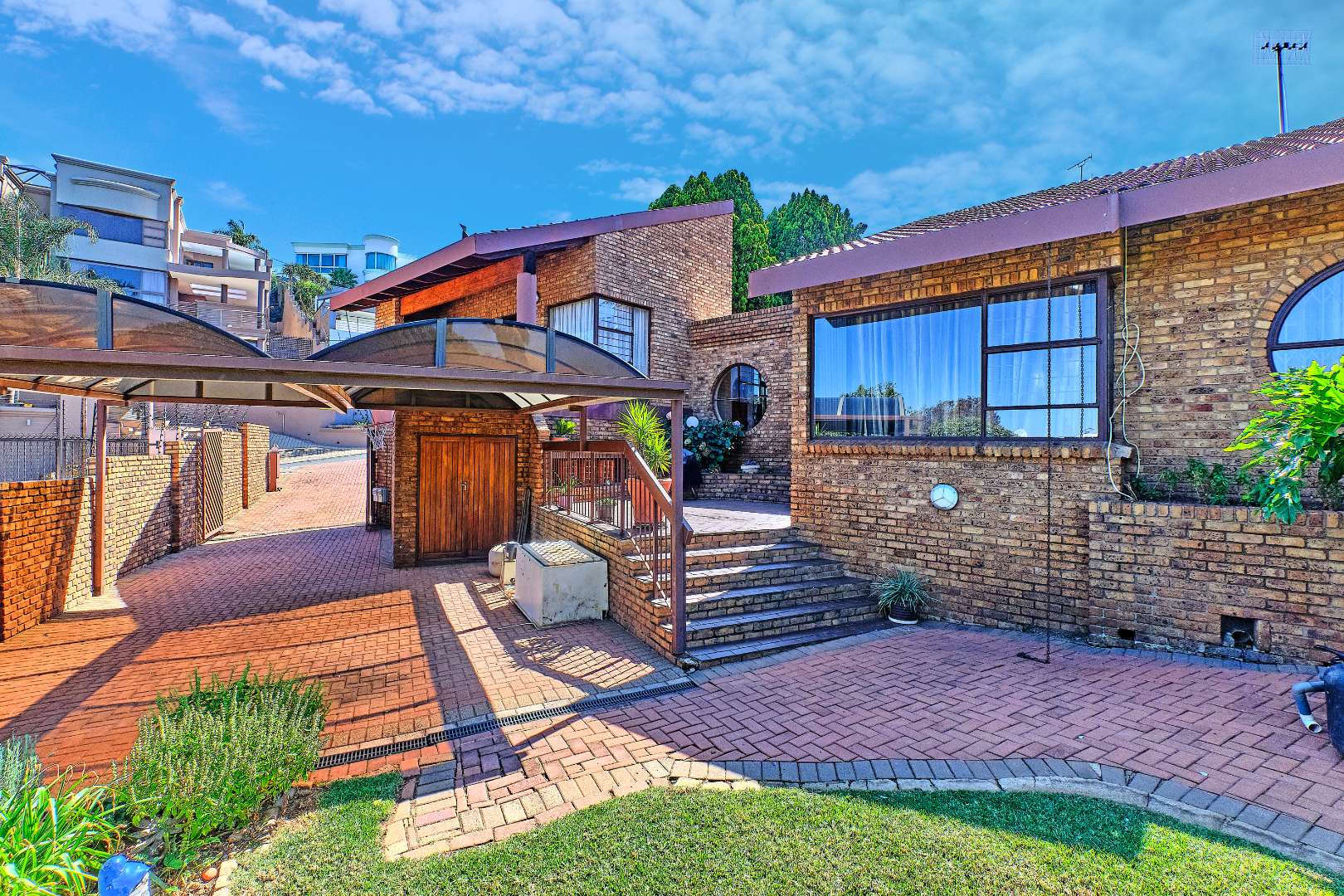
THINKING of selling your home? What gives you the best price?
Selling a home is not easy as there are various legal requirements on the seller.
For example, the seller must sign a declaration confirming the problems with the home.
While this must include physical problems such as roof leaks, damp and the like, I would suggest that the owner is obliged to let the buyer know about any negative factors that can influence the price that the buyer would offer.
For example, if an owner was aware (or should reasonably have been aware) that there was serious talk of a shopping centre or abattoir being opened next to the property to be sold, then they must declare this to any potential buyer.
In the normal course of things, the buyer should be aware of the general area in which the property is situated and all selling prices of property in the area would be influenced by factors in the general area of the property to be sold.
Having bad neighbours can influence the value of your home.
For example, if your next-door neighbours are repairing cars on stands or have dogs that bark at anyone that passes, this would be a negative to any potential buyer and tends to influence them not to make any offer to buy.
The same would apply to a neighbour who does not keep their garden neat and tidy or who has not painted the outside of their home in many years.
Having a really neat and tidy house will tend to draw more buyers to make an offer to buy and quite frequently to get them to offer more than is being asked for, especially if they see that there are other buyers interested in the property.
Neat and tidy houses definitely sell for more than untidy, badly maintained ones.
So spring-cleaning your house when you want to put it on the market makes a lot of sense.
Do those small repairs that you have been putting off, such as replacing leaking tap washers, tidying up cupboards and having a real sort-out and throwing out of things that you are not going to take with you.
Have curtains dry-cleaned and your house will look and smell better, especially if you are a smoker.
While furniture will not be included in the sale, a property with nice furniture will get a better approval rating than one with dirty old furniture.
The same applies to a pretty garden which will tend to increase the price that a buyer would be prepared to pay.
Get rid of any rubbish or compost heaps, take out any wild grown weeds, trees and bushes and plant seasonal flowering plants to make your garden look good.
Lastly, you need to choose your selling agent carefully.
Firstly, they must be registered with the Property Practitioners Regulatory Authority, the old Estate Agency Affairs Board.
That ensures that any money that they handle will be kept in their trust account and that, to an extent, any loss or theft is covered by the board’s Fidelity Fund (early reporting of problems is vital).
Even among registered agents you need to make sure that they are worth their salt and to do this ask them for references from recent buyers and sellers.
Contact and ask them what sort of service they gave.
Don’t ask friends and family to sell for you – you are asking for trouble.
- Mike Spencer is the founder of Platinum Global, a professional associated property valuer and consultant with work across the country as well as Eastern Europe and Australia. mike@platinumglobal.co.za



 Business3 years ago
Business3 years ago
 Local3 years ago
Local3 years ago
 Local3 years ago
Local3 years ago
 Local2 years ago
Local2 years ago
 Football4 years ago
Football4 years ago
 Local4 years ago
Local4 years ago
 Local3 years ago
Local3 years ago
 Local4 years ago
Local4 years ago





















